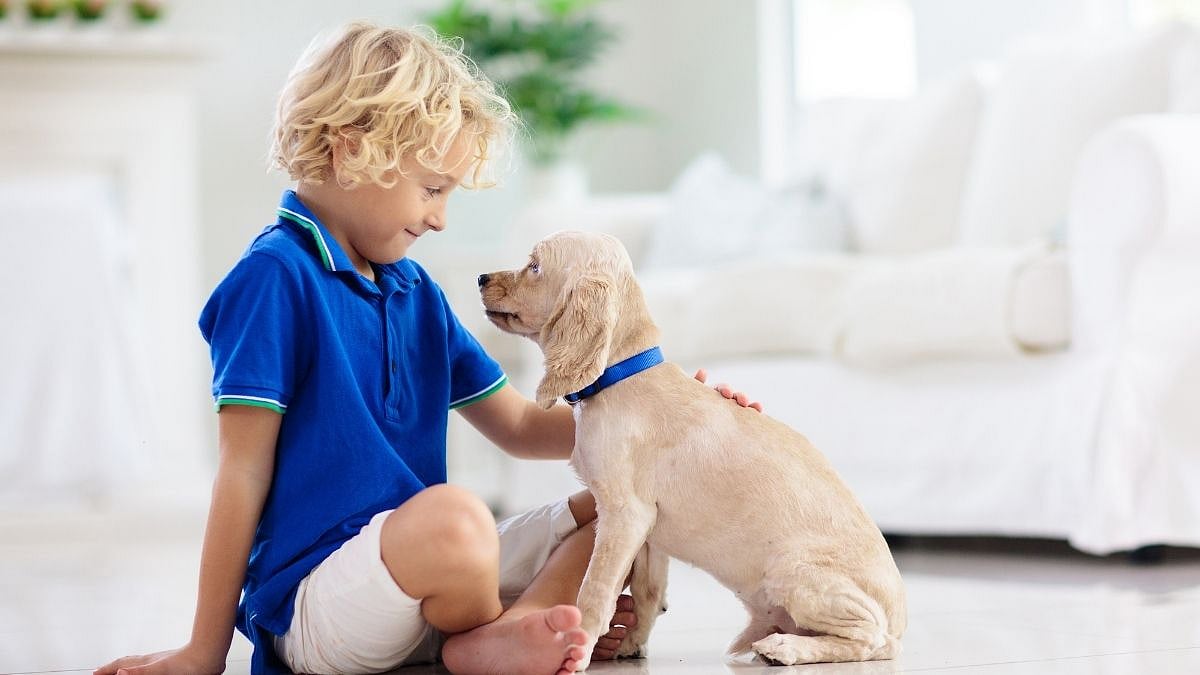As parents, we often focus on teaching our children how to read, write, share, and behave politely. But one of the most valuable lessons we can impart is kindness—especially towards animals and birds. This is something I have come to believe deeply over the years.
When children grow up respecting and caring for all living beings, they naturally become more compassionate, responsible, and grounded individuals. Animals and birds may not speak our language, but they communicate in their own ways. They experience hunger, pain, fear, joy, and love—just like we do.
When children learn to see animals as living beings rather than creatures existing on the sidelines of our lives, it changes how they perceive the world. They begin to notice small things—a thirsty bird, a hungry stray, or an injured puppy on the road. These moments of awareness are where empathy begins.
We have a pet dog who is not ‘just a pet’ but truly a member of our family. I often tell everyone that he’s our son—that’s how much love and space he holds in our hearts. Through him, my daughter has learned that animals respond to kindness just as humans do—with trust, affection, and loyalty.
Of course, kindness towards animals isn’t only about pets. I always remind my daughter that small acts of kindness matter—feeding the stray dogs or cats outside our building, leaving bowls of water out during the summer for birds, or simply making sure an animal in distress is helped.
These gestures may seem small, but they leave a lasting impression on young minds. They teach patience, empathy, and gentleness—qualities no textbook can impart.
I also believe that kindness towards animals naturally teaches children to value nature and the environment. When they learn that their actions can protect or harm another living being, they begin to see how everything in nature is connected.
A child who grows up caring for animals will think twice before littering, plucking flowers unnecessarily, or wasting food. That awareness shapes a more mindful way of living.
On the other hand, cruelty towards animals—even something as simple as throwing a stone at a stray or trapping a bird—chips away at empathy. It not only hurts the animal but also desensitizes children to suffering. That’s why open conversations about how animals feel and why they deserve respect are so important.
I’ve often told my daughter that a kind heart makes the world a better place—for everyone, human or otherwise. Watching her grow into someone who stops to feed a stray or smile at a passing dog makes me believe these small lessons truly matter.
After all, kindness isn’t just a value—it’s a habit. And when we teach our children to extend it beyond humans to include animals, birds, and all living beings, we’re helping them grow into better humans.
*Riddhima Kapoor Sahni is a jewellery designer and daughter of veteran actors Rishi Kapoor and Neetu Kapoor.*
https://www.freepressjournal.in/weekend/riddhima-kapoor-sahni-writes-about-teaching-kids-kindness-and-compassion-for-animals
